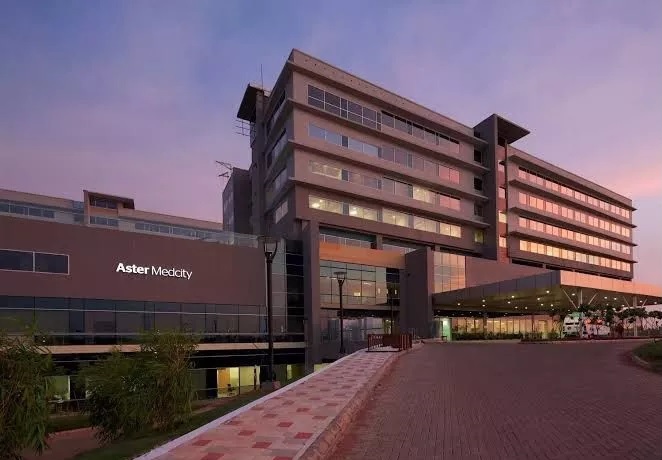The super specialty of Aster Paediatric Surgery & Urology offers comprehensive care to kids with surgical issues, from infants through teenagers. The need for this speciality results from the fact that, in contrast to adults, children require specific care during illness due to their growth and development as well as the disruption of their routine.
Our Doctors
We have some of the best specialists from around the world, they bring years of experience and offer evidence-based treatment to ensure the best care for you.


